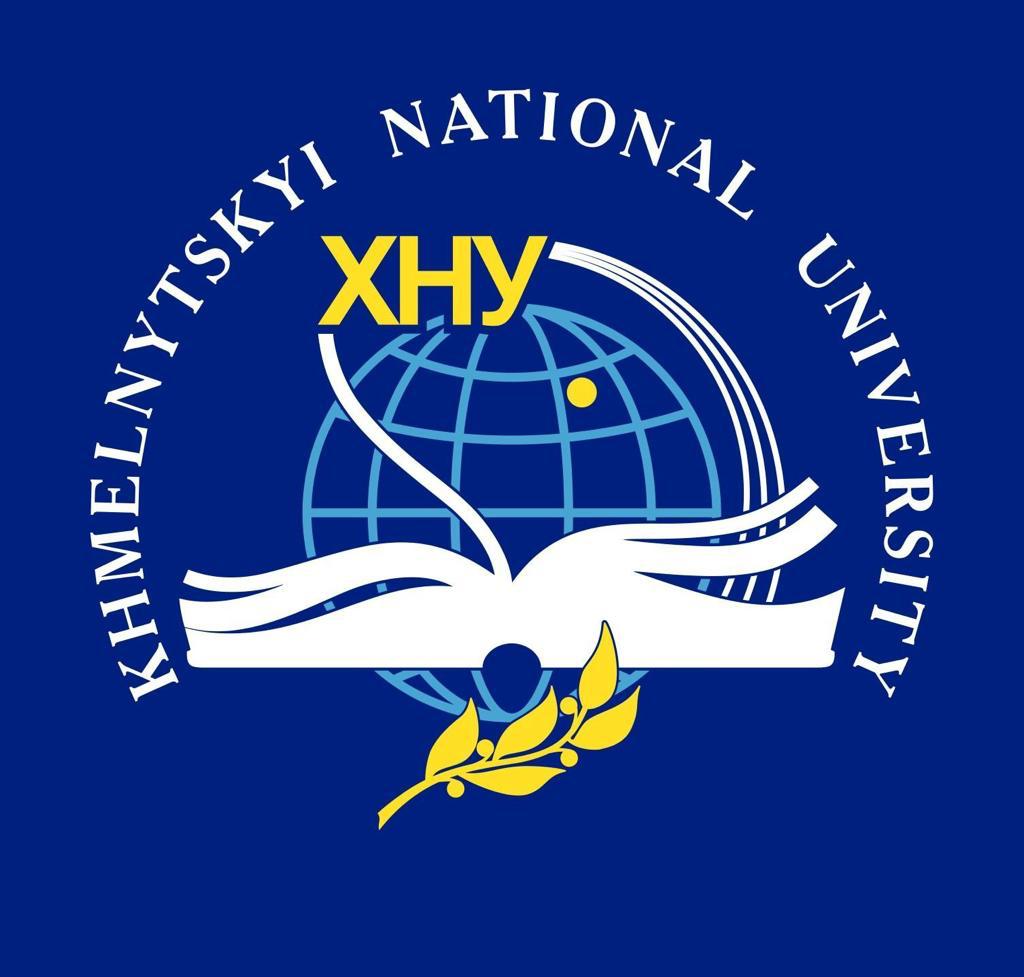ДЕФІНІЦІЇ ФІЗИЧНОЇ РЕКРЕАЦІЇ ТА ПРОБЛЕМИ ФІЗКУЛЬТУРНО-СПОРТИВНОЇ ДІЯЛЬНОСТІ
DOI:
https://doi.org/10.31891/pcs.2023.1.6Ключові слова:
фізична рекреація, здоров'я, навантаження, життєдіяльність, зміст рекреативних занятьАнотація
Для досягнення поставленої мети цього дослідження було вивчено наукові праці українських науковців, які займаються проблемами фізичної рекреації та зарубіжних спеціалістів у галузі оздоровчої фізичної культури. За допомогою контекстного аналізу виділено основні ознаки та цільові установки, що визначають зміст рекреаційної діяльності.
Наведено результати аналізу дефініції поняття «фізична рекреація» і проблем, що виникають при цьому через багатозначність його тлумачення при виборі змісту рекреаційних заходів. Відзначено, що зростання напруженості сучасного життя одночасно й підвищує рівень сумарного навантаження, яке людина отримує в процесі щоденної життєдіяльності, і погіршує її здоров'я. Вченими досліджено, що саме фізична рекреація забезпечує відновлення життєвих сил організму та їх підтримку у процесі щоденної життєдіяльності. Визначено та обґрунтовано фактори включення до змісту рекреаційних форм занять різних видів фізичних вправ.
Проблема дослідження полягає в тому, що існують надлишкові уявлення про зміст фізичної рекреації, що ускладнює досягнення основної її мети – відновлення життєвих сил будь-якої людини.
Для досягнення поставленої мети цього дослідження було вивчено наукові праці українських вчених, які займаються проблемами фізичної рекреації, та зарубіжних фахівців у галузі оздоровчої фізичної культури.
Проведено аналіз визначення поняття «фізична рекреація». Встановлено межі використання досліджуваного поняття та основні ознаки, що його відображають. Вивчено змістовий аспект фізичної рекреації, що рекомендується для її здійснення. Виявлено невідповідність використовуваних засобів основним дефінітивним ознакам. Відзначено основні ризики для здоров'я під час використання неадекватних засобів фізичної рекреації.
Посилання
Visitіі M. M. Physical culture and health of the athlete (philosophical anthropological aspect of the problem). Theory and practice of physical culture. - 2008. No. 2. P. 3-8.
Dubogai O.D. Basic concepts and terms of health care and physical rehabilitation in the education system: teaching. manual for students of higher education closing Lutsk: Volyn. National University named after Lesya Ukrainka. 2011. P. 275-279.
Dutsiak I. Types of definitions according to the content of information about the relationship between the volumes of the defined and related concepts // Visnyk Nats. Lviv Polytechnic University. Series "Problems of Ukrainian Terminology". 2017. No. 869. P. 35–39.
Kalynychenko, I.O., Zaikina, G.L., Antomonov, M.Yu. Assessment of the individual psychophysiological "cost" of mental workload: Scientific and methodological edition. Sumy: Sumy DPU named after A. S. Makarenko. 2007. 14 p.
Krutsevich T. Yu. Recreation in the physical culture of different population groups: education. manual Kyiv: Olymp. literature, 2010. 370 p.
Krutsevich T. Yu. Theory and methods of physical education: tutorial. For students higher education closing physical education and sports: in 2 vols. Kyiv.: Olympic literature, 2008. Vol. 1,391 p.; T. 2. 366 p.
Kuchkovskiy O.M. Peculiarities of heart rate indicators in first- and second-year students at the beginning of the academic year // Current issues of modern medicine and pharmacy: coll. theses add. science and practice conf. from international with the participation of young scientists and students, May 13-17. 2019. Zaporizhzhia: ZDMU, 2019. P. 13-14.
Patsalyuk K. G. Programming of strength-oriented physical education and health classes for young men // K. G. Patsalyuk, D. R. Kovalchuk, O. O. Kovtun: Scientific and pedagogical problems of physical culture (physical culture and sport): coll. of science works Kyiv, 2019. P. 123-127.
Plotnykova O. The importance of studying the individual characteristics of first-year students in the period of didactic adaptation // Native school. 2001. No. 10. P. 62-64.
Smirnytska M.B. The results of the study of the impact of physical factors of the educational process on the health of students // Human occupational safety in modern conditions: materials of the International. science and practice conference. Kharkiv, 2015. P.148-150
Tomenko O.A. Level of somatic health and motor activity of students of higher educational institutions. Slobozhansky scientific and sports bulletin: science and theory. journal 2010. No. 2. P. 17–20.
Fedorchenko V. K. Tourist dictionary-handbook. Dnipro, 2000. 160 p.
Tsyos A. The program of independent physical exercise classes for students of higher education institutions // Physical education, sport and health culture in modern society: coll. of science Lutsk Ave., 2008. Vol. 2, pp. 271–275.
Yavorovska L.M. The problem of adaptation of first-year students to the process of studying at a university // All-Ukrainian scientific and practical conference "Actual problems of continuous education": Abstracts of reports. Kharkiv, 2003. P. 106-107.
Herold, F. Dose—Response Matters! — A Perspective on the Exercise Prescription in Ex- ercise—Cognition Research / F. Herold, P. Müller,T. Gronwald, N.G. Müller // Front Psychol. — 2019. —№ 10. — P. 2338.
Wasfy, M. Exercise Dose in Clinical Practice / M. Wasfy, A.L. Baggish // Circulation. — 2016. — Vol. 7, no. 133(23). — Р. 2297—2313.
Warburton, D.E.R. Health benefits of physical activity: a systematic review of current systematic reviews / D.E.R. Warburton, S.S.D. Bredin // Curr- OpinCardiol. — 2017. — № 32 (5). — Р. 541—556.





